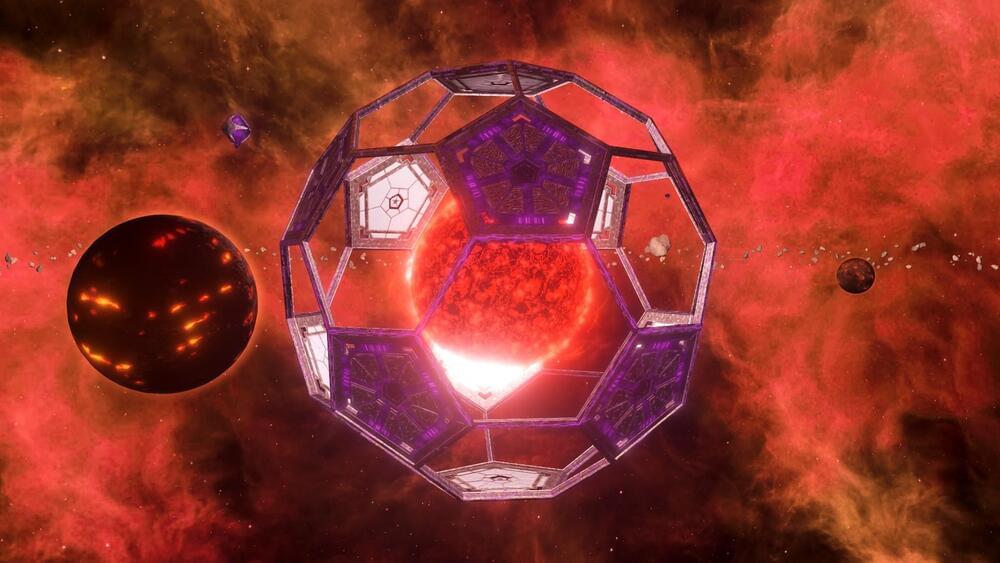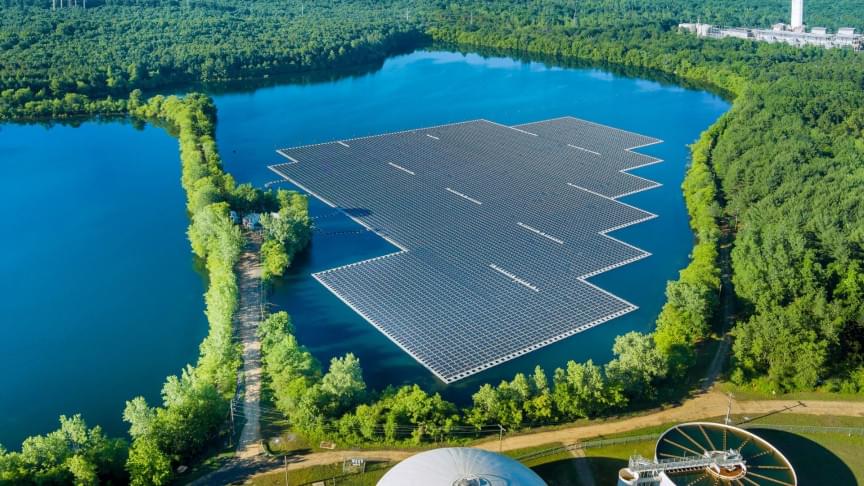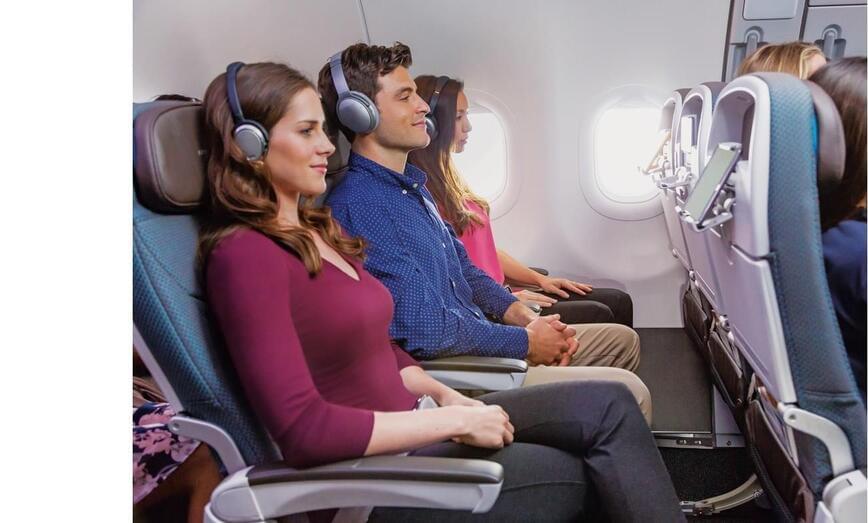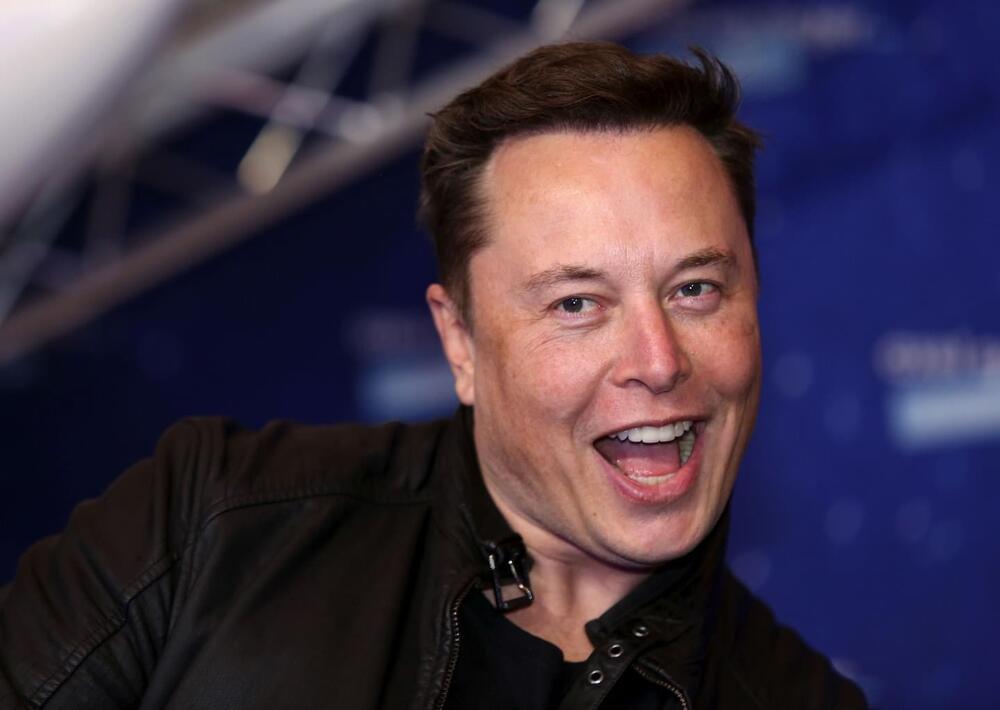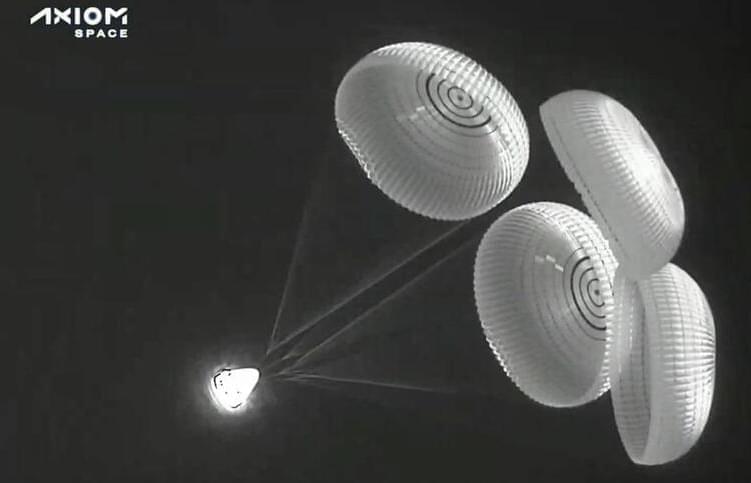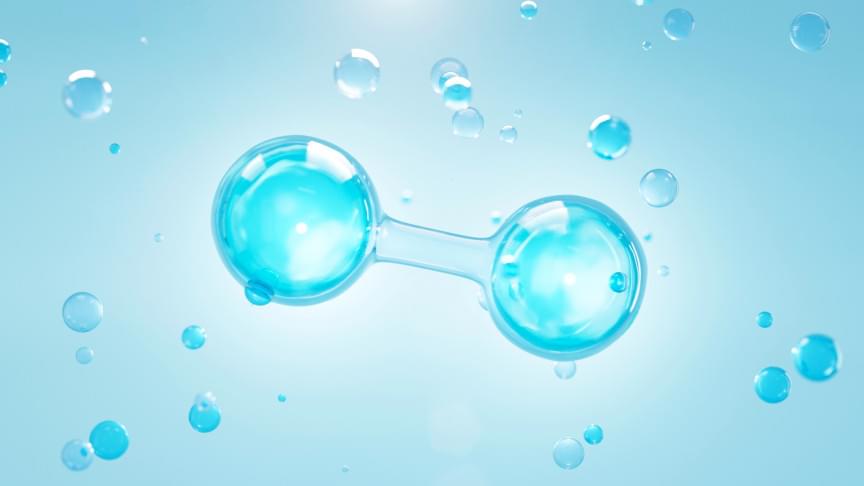Can humanity become a Type I civilization without causing our own Great Filter?
There are several ways we can measure the progress of human civilization. Population growth, the rise and fall of empires, our technological ability to reach for the stars. But one simple measure is to calculate the amount of energy humans use at any given time. As humanity has spread and advanced, our ability to harness energy is one of our most useful skills. If one assumes civilizations on other planets might possess similar skills, the energy consumption of a species is a good rough measure of its technological prowess. This is the idea behind the Kardashev Scale.
Russian astrophysicist Nikolai Kardashev proposed the scale in 1964. He categorized civilizations into three types: planetary, stellar, and galactic. A Type I species is able to harness energy on a scale equal to the amount stellar energy that reaches its home planet. Type II species can harness energy on the scale of its home star, and Type III can harness the energy of its home galaxy. The idea was further popularized by Carl Sagan, who suggested a continuous scale of measurement rather than simply three types.
So what type of civilization are we? Although humans use a tremendous amount of energy, it turns out we don’t even qualify as Type I. About 1016 Watts of solar energy reaches Earth on average, and humanity currently uses about 1013 Watts. On Sagan sliding scale, that puts us currently at about 0.73. Not bad for a bunch of evolved primates, but it raises an interesting question. Could we even reach Type I? After all, we can’t capture all the sunlight that reaches Earth and still have a habitable planet.
